In this episode on the We’re Not Stumped podcast, I’m honored to have Elysia Everett, founder and CEO of Friendly Like Me.
Friendly Like Me is an innovative app dedicated to finding and reviewing accessible places. Its mission is to enhance accessibility in public spaces and make it easier for everyone to discover accessible locations, ensuring more people can participate in various activities without hindrance.
Access to accurate accessibility information is vital for full participation in society. Unfortunately, such information is often scarce, subjective, and difficult to find. This lack of reliable data frequently prevents individuals from engaging in activities they would otherwise enjoy, including visiting size-friendly and accessible businesses across the United States. Friendly Like Me is committed to changing this, benefiting everyone.
Through collaboration with reviewers, advocates, and business owners, Friendly Like Me strives to create more welcoming and accessible places. The platform facilitates interaction between people and businesses about specific accommodations needed to attract customers who prioritize accessibility. It’s worth noting that US adults with disabilities, including many individuals of higher weights, represent the third-largest market segment in the country. According to the American Institute for Research, the discretionary income for working-age persons with disabilities is $21 billion.
Businesses can claim their listings on Friendly Like Me to inform patrons about their amenities and any limitations. Transparency is key—it’s very friendly to let people know in advance if they cannot accommodate them. Friendly Like Me’s reviews focus on the presence or absence of specific accommodations, reducing the subjectivity often found in star-based review systems.
Links:
Friendly Like Me Website: https://www.friendlylikeme.com/
#accessible #accessibleliving #accessibleeducation #accessibility #accessibilityawareness
Listen on Apple Podcasts
Watch on YouTube
Listen on Spotify
The Amputee Coalition is undergoing another major transition with the resignation of President & CEO Cass Isidro, who announced her last day will be August 22nd. In her farewell message, Isidro stated that her work had been about “restoring the Amputee Coalition to its original purpose with deeper community engagement.” That statement raises difficult questions: 👉 Why did the Coalition need to be “restored” in the first place? 👉 Has the organization lost focus on directly serving amputees? 👉 What does this leadership change mean for peer support, advocacy, and resources moving forward? In this episode of We’re Not Stumped, host Mike Bolland dives into the resignation news, shares community concerns, and examines whether the Amputee Coalition is truly on track to support the limb loss and limb difference community—or if amputees should be worried about its direction. Listeners are invited to join the conversation as the podcast takes on tough questions about the Coalition’s mission, leadership, and future.
In this episode of We’re Not Stumped, Mike Bolland sits down with Meegan Winters, CEO and founder of AbleVu, the innovative accessibility search platform making the world easier to navigate for everyone. Meegan shares her inspiring journey—from special education teacher to tech entrepreneur—and how her friendship with Jessica, a power wheelchair user, sparked her mission to improve accessibility for all. Mike and Meegan explore AbleVu’s evolution from virtual tours to a “TripAdvisor for accessibility,” the business model that empowers contributors, and why accessible information benefits both consumers and businesses. Along the way, Meegan opens up about leaving a stable career, overcoming the challenges of building a startup, and the fulfillment that comes from creating real-world impact. Discover how technology and empathy intersect to make the world more inclusive.
Podcast host Mike Bolland is looking to connect with individuals willing to share their experiences with prosthetists and prosthetic care. If you’ve ever faced challenges with a prosthetist, received a prosthetic that didn’t meet your needs, or discovered a provider who went above and beyond, your story can make a difference. On his show, We’re Not Stumped, Mike engages in open, honest conversations about life with limb loss, prosthetics, and advocacy. His mission is to give a voice to the limb loss community, spotlight real experiences — both the good and the bad — and work toward improving the system for everyone. Mike invites you to be part of this important dialogue, knowing that your insights could help others navigate their own prosthetic journeys with greater confidence and support. 📩 Interested in being a guest? Visit: https://werenotstumped.com/were-not-stumped-limb-loss-podcast-guest-guide/

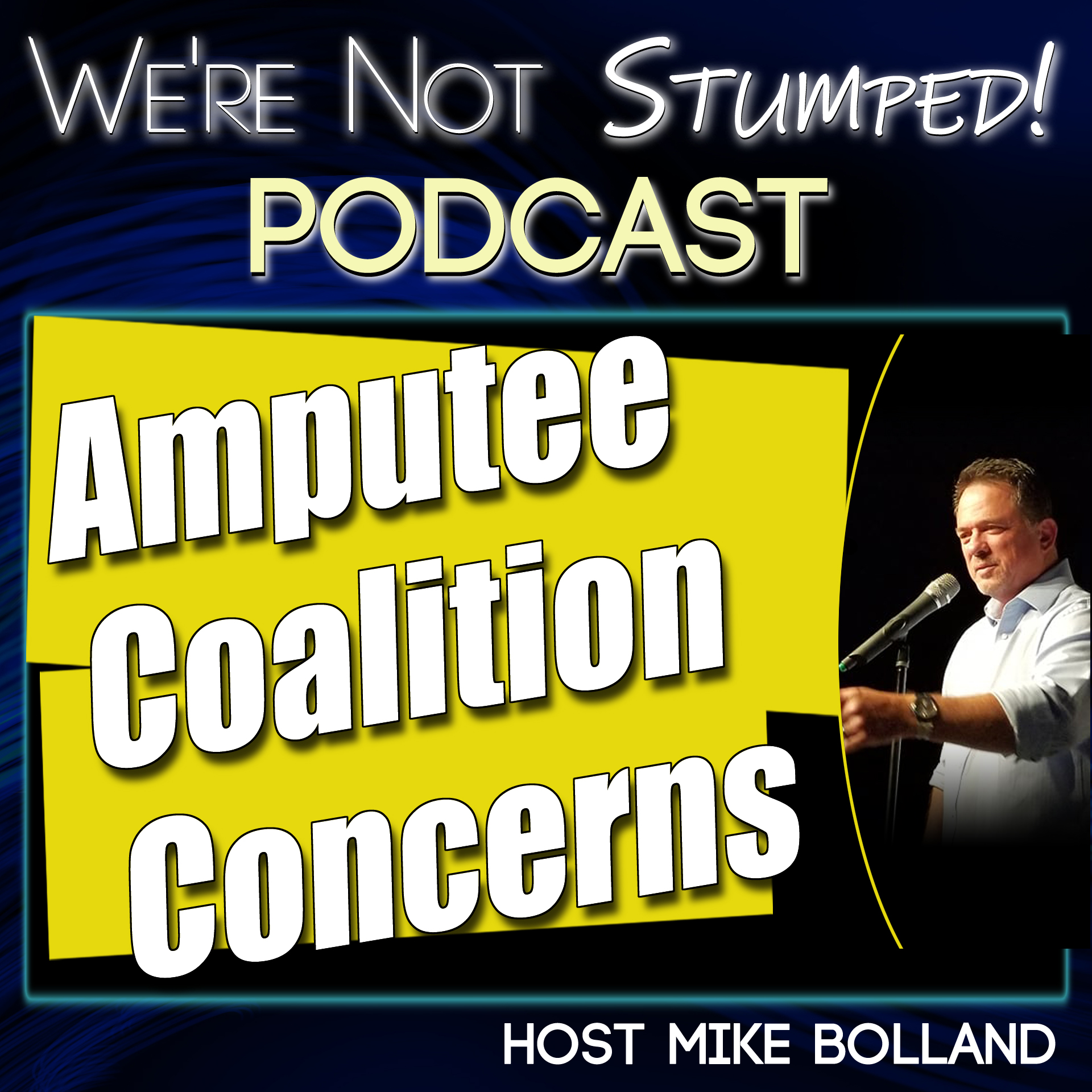
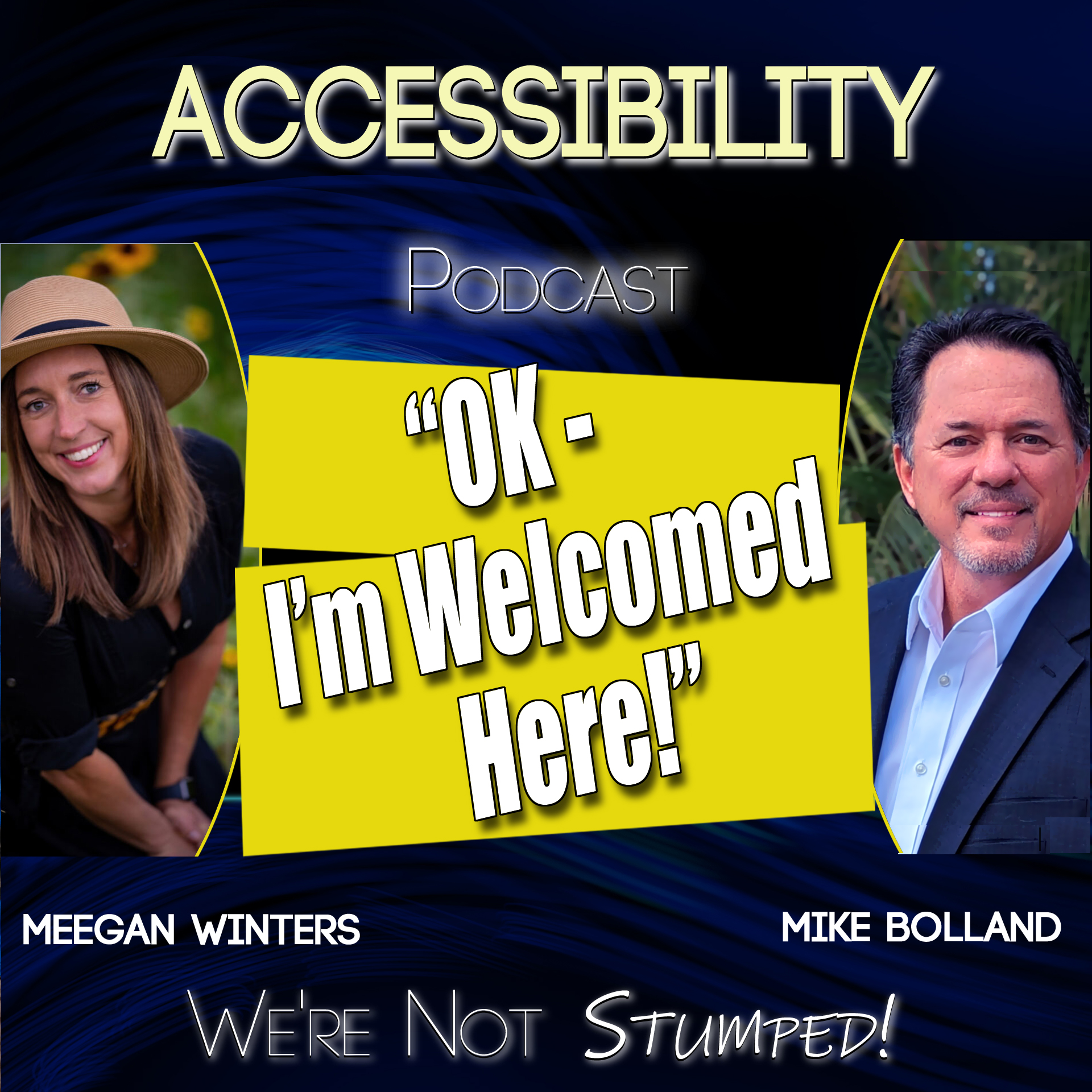
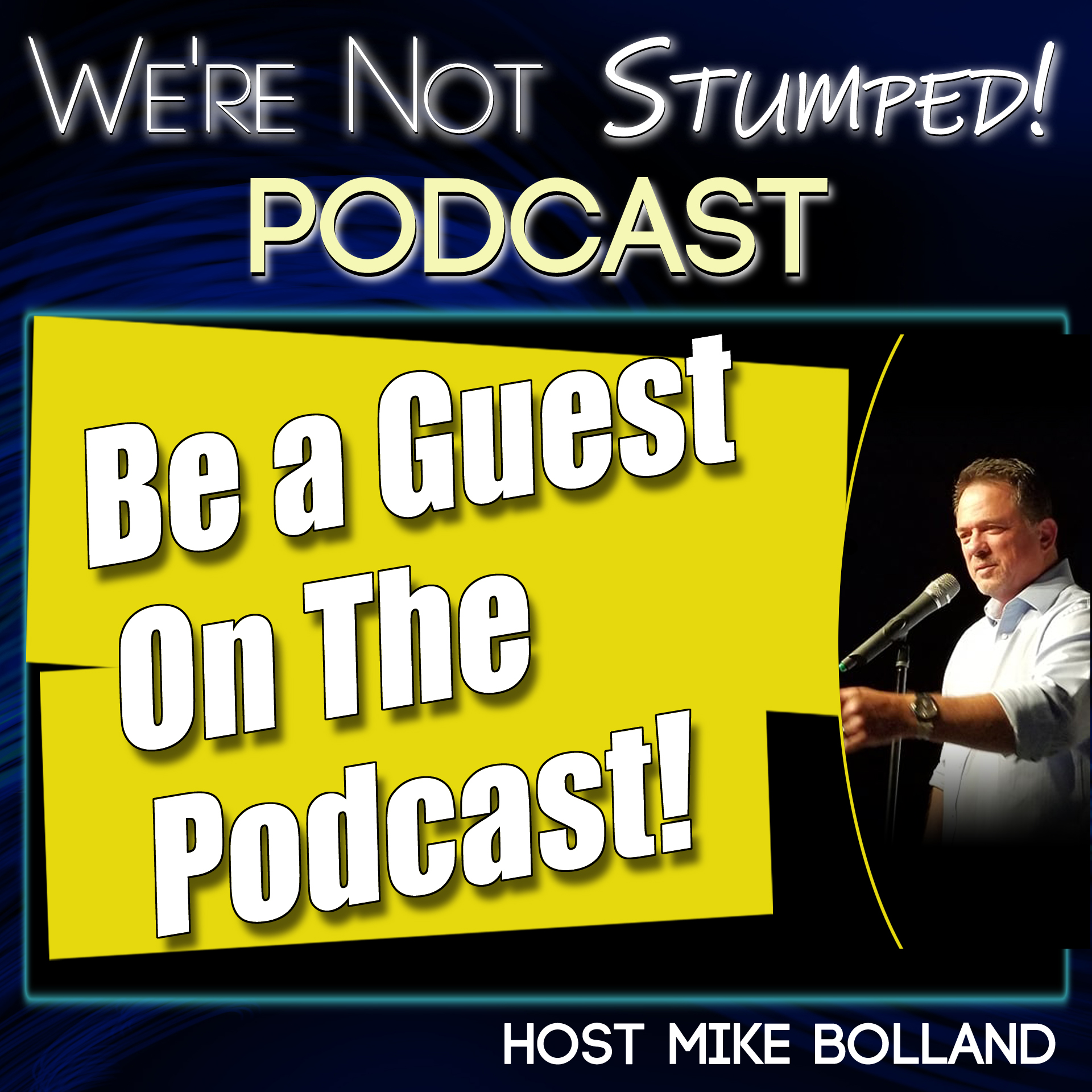
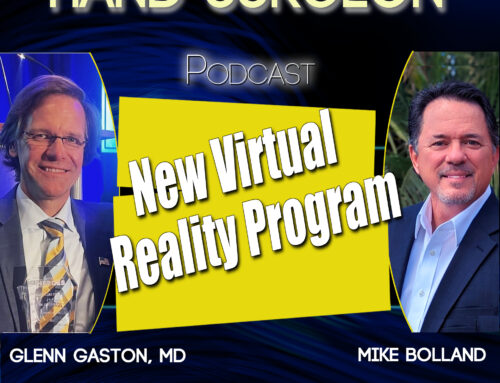
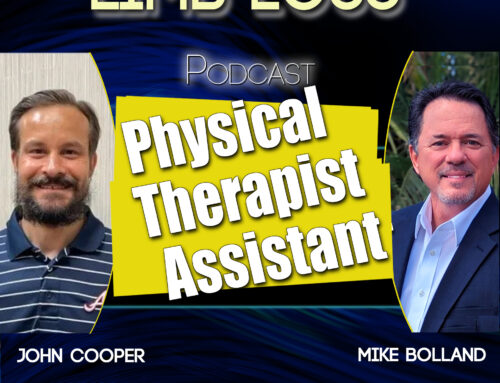
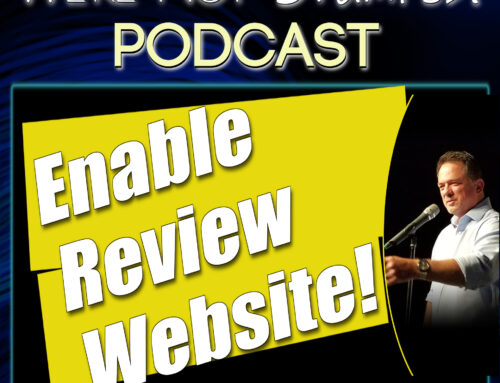
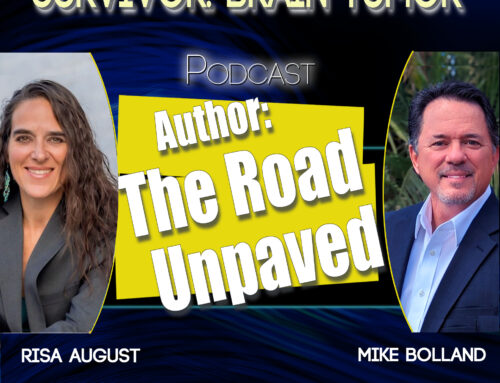
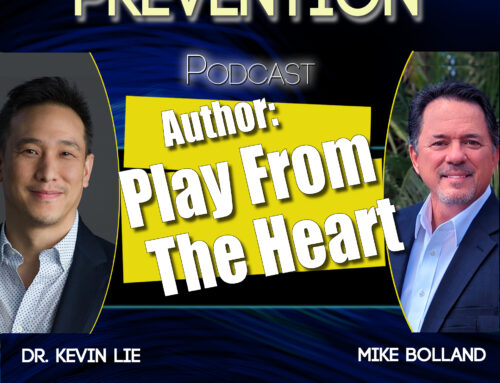
Leave A Comment